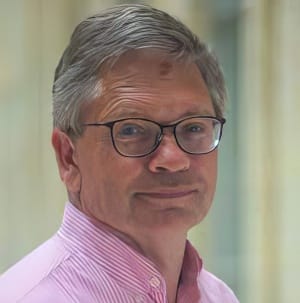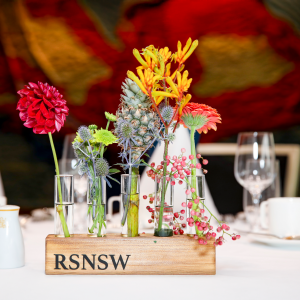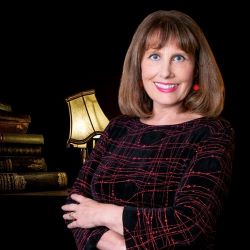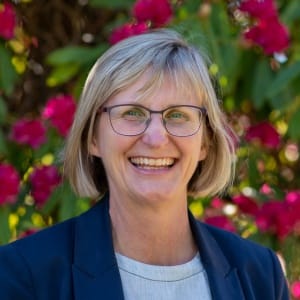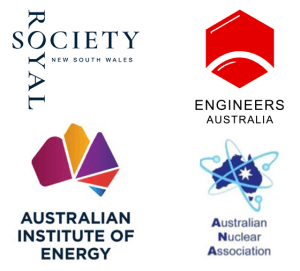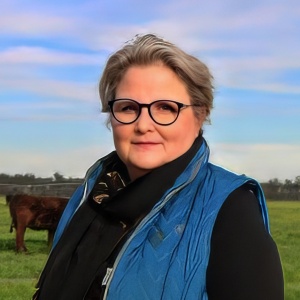Southern Highlands Branch Meeting 2023-9
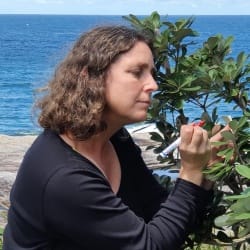
 “Are our weeds becoming new native species?”
“Are our weeds becoming new native species?”
Professor Angela Moles FRSN
Ecology and Evolution Research Centre
UNSW Sydney
Date: Thursday, 19 October 2023, 6.30 – 7.30 pm AEST
Venue: RSL Mittagong, Joadja/Nattai Room
All are welcome
Summary: 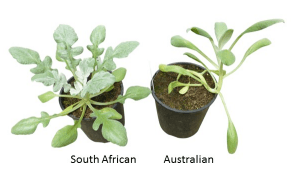 Introducing species to a new environment creates excellent conditions for evolution, as the species are released from their old enemies and subjected to new conditions. Our work has shown that 70% of the plant species introduced to Australia have changed the way they grow since arriving here. We investigated one species in detail (the South African Beach Daisy, Arctotheca populifolia; see picture) and found that the changes are so great that the introduced population is developing reproductive isolation from its source population. That is, at least one of our introduced plants appears to be becoming a unique new species. If Australia cannot eradicate introduced species (and it seldom can), then it seems inevitable that many more species will eventually evolve to become unique new taxa. At this point, we will have to decide whether to accept them as new native species or continue trying to control them. While most people do not like the idea yet, I think acceptance of introduced species is just a matter of time. I have been called a witch for these ideas before — bring on the arguments!
Introducing species to a new environment creates excellent conditions for evolution, as the species are released from their old enemies and subjected to new conditions. Our work has shown that 70% of the plant species introduced to Australia have changed the way they grow since arriving here. We investigated one species in detail (the South African Beach Daisy, Arctotheca populifolia; see picture) and found that the changes are so great that the introduced population is developing reproductive isolation from its source population. That is, at least one of our introduced plants appears to be becoming a unique new species. If Australia cannot eradicate introduced species (and it seldom can), then it seems inevitable that many more species will eventually evolve to become unique new taxa. At this point, we will have to decide whether to accept them as new native species or continue trying to control them. While most people do not like the idea yet, I think acceptance of introduced species is just a matter of time. I have been called a witch for these ideas before — bring on the arguments!
Professor Angela Moles runs the Big Ecology Lab, in the Evolution & Ecology Research Centre at UNSW Sydney. Angela and her students work to improve understanding of: 1) species’ responses to climate change, 2) the ecology and evolution of introduced species, and 3) the factors affecting global patterns in the ways plants grow and reproduce. Angela is passionate about conservation, science communication, and quality teaching. Angela is a member of the NSW Biodiversity Conservation Advisory Panel, the NSW Threatened Species scientific committee, and the ARC College of Experts, and is a board member for the NSW Saving our Species program. She has won a range of prizes, including the Nancy Millis Medal for Women in Science (from the Australian Academy of Science), the Australian Ecology Research Award (awarded by the Ecological Society of Australia), and the Frank Fenner Prize for Life Scientist of the Year (one of the Prime Minister’s Prizes for Science). At home, Angela has two children and a golden retriever, and is a surf lifesaver.
| Date: | Thursday, 19 October 2023, 01:13 AM |
| Venue: | |
| Entry: | |
In Person Event
All are Welcome


